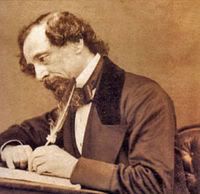Crossposted at Daily Kos
We’ve all, at some point or another in our lives, had this fantasy. Whether we perceive modern life as too hurried, unsatisfying, devoid of meaning, or we see ourselves as slaves to the demands of technology, some of us yearn for a simpler time when many of the great political, ideological, and literary debates of decades gone by had yet to be settled. Conflicts or movements of the past in which we picture ourselves an integral part of. For we are confident that our presence would have resulted in an outcome to our liking. Great ideas that we wish we’d thought of. Music that we know we should have recorded. Inventions we know we were destined to be associated with. It is the inevitable ‘what if’ question we often think of. It is the restless explorer in all of us.
RJ Matson, New York Observer, Buy this cartoon
Allow me to indulge in my fantasy below the fold.





